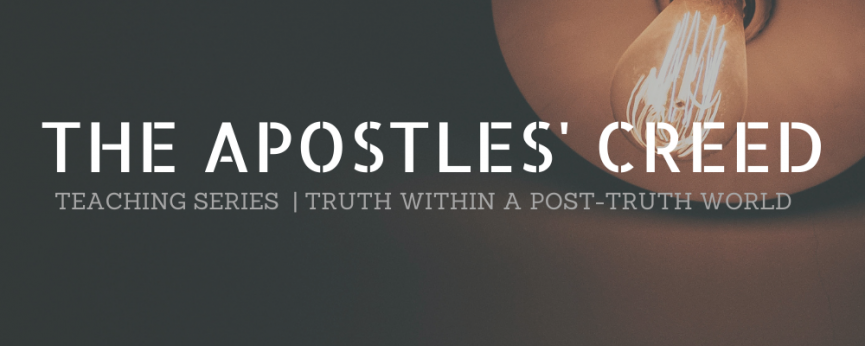In the previous blog it was suggested that at the heart of every community or culture lies a story that gives identity, values, meaning, and purpose to all those who are part of that particular group. Therefore, because stories play such an important role, when they are questioned, rejected, or challenged then everything that is built upon them begins to crumble. This reality has caused some to suggest that much of the hostility, disconnection, and confusion that we see in the wider society is due to the lack or loss of a shared story might hold us together.
But this is not just a problem for the wider society, it is also a problem for the church. Theologian Richard Hays says, ‘I have grown increasingly convinced that the struggles of the church in our time are as a result of its losing touch with its own gospel story. We have gotten “off message” and therefore lost our way in a culture that tells us many other stories about who we are and where our hope lies’. When the church goes “off message” and ‘lose[s] touch with its own gospel sotry’, then we too suffer a loss of identity, purpose, and community.
‘I have grown increasingly convinced that the struggles of the church in our time are as a result of its losing touch with its own gospel story.
Richard Hays
The Apostle Paul was one who was deeply aware of the importance of staying true to the gospel story and in a fiesty letter to the church in Galatia he called them to account for ‘turning to a different gospel’ (Gal. 1:6). He says that in reality ‘there is no other gospel, but there are some who are confusing you and want to pervert the gospel of Christ’ (1:7). Paul condemns the acceptance of a different gospel in the strongest possible terms by adding that if he, one of his companions, or even an angel from heaven should proclaim a different gospel then they are to be accursed (1:8)! This is so important for Paul that in the very next line he repeats the same stark warning, that if anyone proclaims a different gospel then they are to be accursed (1:9). There are some things that Paul is willing to allow Christians to have different opinions about (see Romans 14) but when it comes to the gospel, to the story of what God has done through Christ for the sake of the world, he is immovable and unshakable.

In Pauls day he was addressing a ‘different gospel’ that suggested that Gentiles had to obey the Jewish Law in order to be saved, but there are an infinite varieties of this ‘different gospel’ and there will be plenty at play in our own context. For example, in a Post-Truth world, a ‘different gospel’ might look like the relentless encouragement to live our own truths, to look within ourselves to find our own values and identity, to believe that we are not accountable to anyone but our own authentic self, and that everyone’s truth is equally valid. In this environment Paul’s insistence and inflexibility with regard to the gospel can come across as quite extreme and rigid, but he is uncompromising in this matter because he knows what is at stake. Paul is aware that if we get our founding story wrong then everything else will begin to crumble behind it but that if we get it right then it will act as a strong foundation upon which we can build our identities, our values, our purpose, and our hope in the world (1 Cor. 3).
If so much rests on getting the gospel story right, then the next question surely becomes, ‘what is the gospel’? It is this question that will we look at in the next blog!

